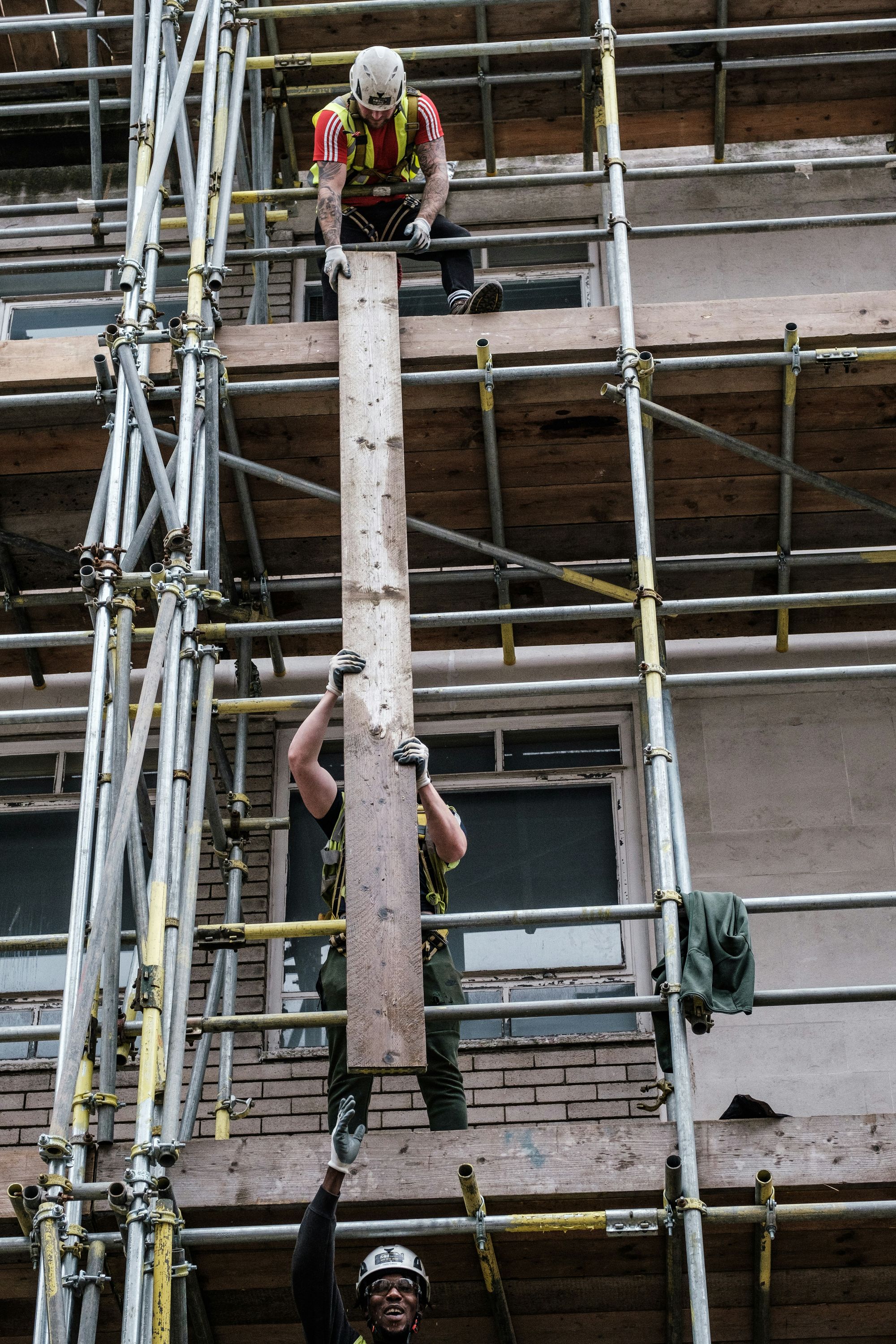Big Impact

In this week's blog, one of the housing stories that caught our eye was the announcement that Big Society Capital, the UK's leading social impact-led investor, has made a £10 million investment into an affordable housing fund. They believe that the £8 billion impact investment market should play a much more significant role in solving the nation's housing crisis, and that led us to draw some comparisons with the role p2p investment plays in that market and the broader implications of investing in both UK small businesses and UK homebuilders.
Both investment avenues are rooted in the principles of impact investing, where the objective is to generate monetary profits and contribute to meaningful societal changes. In the case of homebuilding-focused impact funds, investors support projects that address the critical need for housing, particularly in regions facing shortages or affordability challenges. These funds channel capital into initiatives that aim to create sustainable, affordable housing solutions, thereby addressing social concerns while seeking financial returns. As we have previously documented in our blogs, one of the core assumptions of our theories is that private wealth is ready to step in to solve some of these problems and that the likelihood is that p2p as an asset class is very much in the melting pot with everyone else to be the recipient.
P2P loans backed by SME UK and real estate developments involve investors lending capital directly to small businesses engaged in real estate projects. The focus on SMEs emphasises the role of smaller players in the real estate sector, mirroring the attention given to small homebuilders in impact funds. These SMEs often contribute to local economic development, job creation, and community enhancement, aligning with impact investing objectives.
Both homebuilding impact funds and P2P loans for SME real estate developments employ a risk mitigation strategy through diversification. Impact funds typically allocate funds across a portfolio of homebuilding projects, spreading the risk associated with individual developments. This diversification helps investors balance potential setbacks in one project with successes in others, contributing to a more stable and resilient investment portfolio.
Similarly, P2P lending platforms facilitate the diversification of investments across multiple SME real estate projects. By distributing capital across various endeavours, investors reduce the impact of any project's failure on their overall returns. This risk-sharing approach aligns with responsible and sustainable investing principles, fostering a more secure financial environment for investors
What exactly are we trying to say here? Financial gains with the satisfaction of supporting tangible, real-world projects are the core of why people invest in this asset class, and undeniably, there are some instant comparisons. It's all theoretical, as always, but 48% of the money in these funds is private debt and private equity; this isn't an array of state wealth; it's private cash looking for returns in the market & looking for a home.
P2P lending is ultimately a commercial endeavour to make money for participants on both sides of the market, both the investor and the client; there is a marked difference between that and social impact investing, but one thing that's apparent to us, a question to ask ourselves, is how much of a draw will the housing crisis be to the custodians of wealth looking to make a real positive change with their money, a difference, the unquantifiable return on the return so to speak, not to be too cynical, but the feel-good factor?
One could argue investing in homebuilding impact funds and participating in P2P loans for SME real estate developments exemplify capital's transformative potential when guided by a commitment to positive impact. While distinct in their mechanisms, these investment strategies share a common ethos of balancing financial returns with contributions to societal well-being.
Investors may be drawn to projects that benefit society for many reasons. Beyond financial returns, socially impactful projects such as homebuilding provide a sense of purpose and contribute to a positive legacy. Such investments align with ethical values, fostering a deeper connection between financial goals and broader societal well-being, which, in turn, mirrors our goals in the P2P sector.
Invest & Fund has returned over £200 million of capital and interest to lenders with zero losses, showing the rigour that governs our business.
To take maximum advantage of this robust and exciting asset class, please visit www.investandfund.com or contact Shaheel at shaheel@investandfund.com.
Don't invest unless you're prepared to lose money. This is a high-risk investment. You may not be able to access your money easily and are unlikely to be protected if something goes wrong. Take 2 minutes to learn more